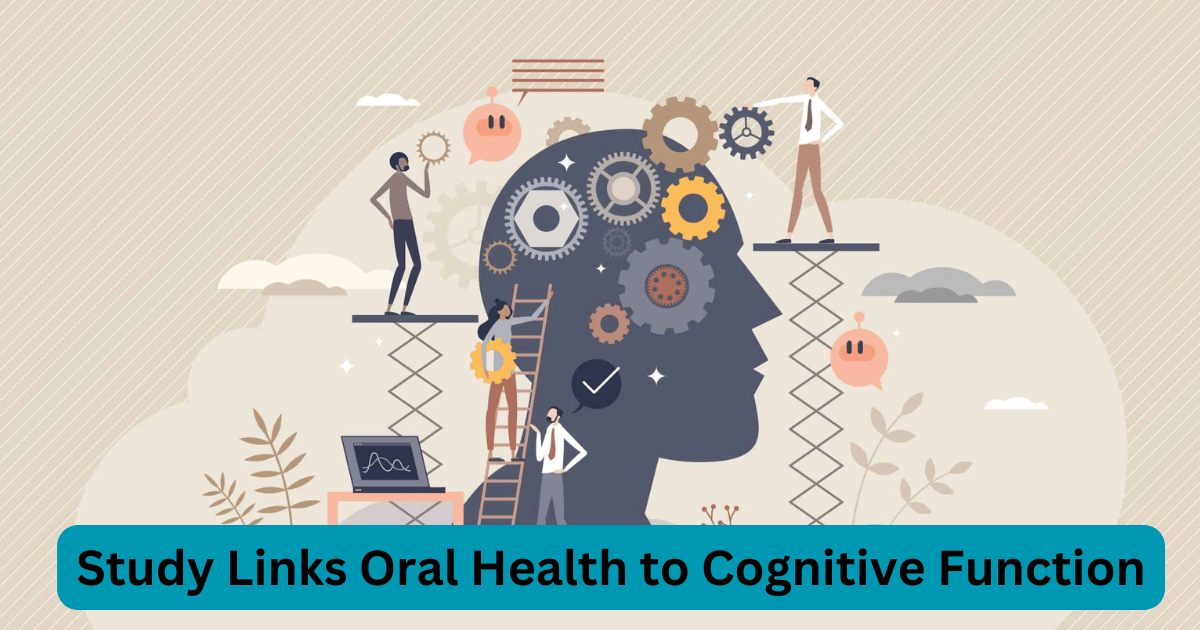In recent years, researchers have been uncovering compelling evidence linking oral health to cognitive function, particularly in the context of memory loss and dementia. A new study conducted by leading researchers in the United States has found that poor oral health may play a significant role in the development of cognitive decline, including Alzheimer’s disease.
The Connection Between Oral Health and Cognitive Decline
The relationship between oral health and brain health is a topic that has been under exploration for several years, with many studies suggesting that the bacteria found in the mouth may have far-reaching effects on the brain. According to the latest research, harmful bacteria in the mouth may contribute to the onset of cognitive disorders by entering the bloodstream and potentially reaching the brain.
While the study does not establish a definitive cause-and-effect relationship, the findings provide strong evidence that maintaining good oral hygiene could be an important factor in preserving cognitive function, particularly as people age. The research also points to the importance of regular dental check-ups and proper oral care as part of a comprehensive strategy to reduce the risk of dementia.

The Study’s Findings
In the study, researchers focused on the presence of a particular bacterium in the mouth, known as Porphyromonas gingivalis, which has been associated with periodontitis (gum disease). The study found that when this bacterium enters the bloodstream, it can travel to the brain and cause inflammation, which is a key factor in the development of cognitive decline and Alzheimer’s disease.
Additionally, the researchers discovered that patients with poor oral health were more likely to show signs of cognitive impairment, even if they had no history of dementia. This suggests that oral health may not only influence the development of Alzheimer’s disease but could also play a role in the earlier stages of cognitive decline.
The Role of Inflammation
One of the key mechanisms linking oral health to cognitive function appears to be inflammation. Chronic gum disease, or periodontitis, is characterized by persistent inflammation in the gums and surrounding tissues. This inflammation can lead to the release of harmful chemicals into the bloodstream, which may eventually affect the brain.
In particular, inflammation in the brain has been shown to contribute to neurodegenerative diseases such as Alzheimer’s. The latest study suggests that preventing or treating gum disease could be an effective way to reduce the risk of developing cognitive disorders.
What This Means for Public Health
The findings of this study have important implications for public health, particularly in aging populations. Given the growing concerns about dementia and Alzheimer’s disease worldwide, promoting better oral health could become an essential part of dementia prevention strategies.
Healthcare providers are being encouraged to emphasize the importance of good oral hygiene as a preventive measure against cognitive decline. This includes regular brushing and flossing, as well as professional dental cleanings and check-ups. By addressing oral health early on, it may be possible to reduce the risk of cognitive disorders and improve the quality of life for older adults.
The Future of Oral Health and Brain Health
As the evidence linking oral health to cognitive function continues to grow, researchers are eager to explore further the underlying mechanisms that connect these two areas of health. In the future, oral health could become a standard part of cognitive health assessments, with dentists and doctors working together to address both the mouth and the brain in preventing age-related cognitive decline.
Overall, this research highlights the interconnectedness of the body and mind, underscoring the importance of holistic healthcare practices that address both physical and mental well-being.
